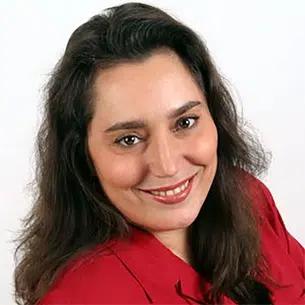By Hannah McKay and Barbara Lewis
LONDON (Reuters) – Members of Britain’s community of Somali women have cast aside the conventional roles they say are expected of them for the ones they really want with the help of a theatre company set up to combat exclusion in performing arts.
Artistic director Hannah Abdule, a civil servant, co-founded Side eYe Productions in 2019 to create opportunities she felt were denied to people like her.
She loved drama at school, but as an adult found herself thinking: “Surely I can’t perform in my headscarf, and if I do, there ‘ll be content at odds with the stories that I want to tell.”
Those stories have complex characters that are not defined only by culture or Muslim faith.
“Dugsi Dayz”, a comedy about dugsi, or Islamic school, by writer and actor Sabrina Ali, won an award at the Edinburgh Fringe festival in August and this month tours England, from Sheffield in the north to Bristol in the southwest.
Last week, Side eYe’s newest production “Desperate Times”, the story of a Muslim teacher, who tangles herself in an hilarious web of lies to try to conceal her kleptomania, played to full houses at the Somali Week festival, organised by the Kayd Somali Arts and Culture organisation in east London.
As part of its inclusive mission, Side eYe aims to give opportunities to Somali women with little theatrical experience.
“Desperate Times” is the first full-length play of journalist-turned-playwright Amal Abdi, while Nadjma Abshir, who works in marketing, made her acting debut in the one-woman play.
Abshir said Side eYe provides an outlet for “the misfits” who want to be creative, rather than pursue the steady jobs their parents, as a first generation of the diaspora, considered essential.
“Our parents had more of a mentality of survival and that is getting traditional jobs in sciences, teaching,” Abshir said.
“We’ve done what we’ve needed to do and are looking at the things that truly interest us.”
(Reporting by Barbara Lewis and Hannah McKay; Editing by Emelia Sithole-Matarise)








